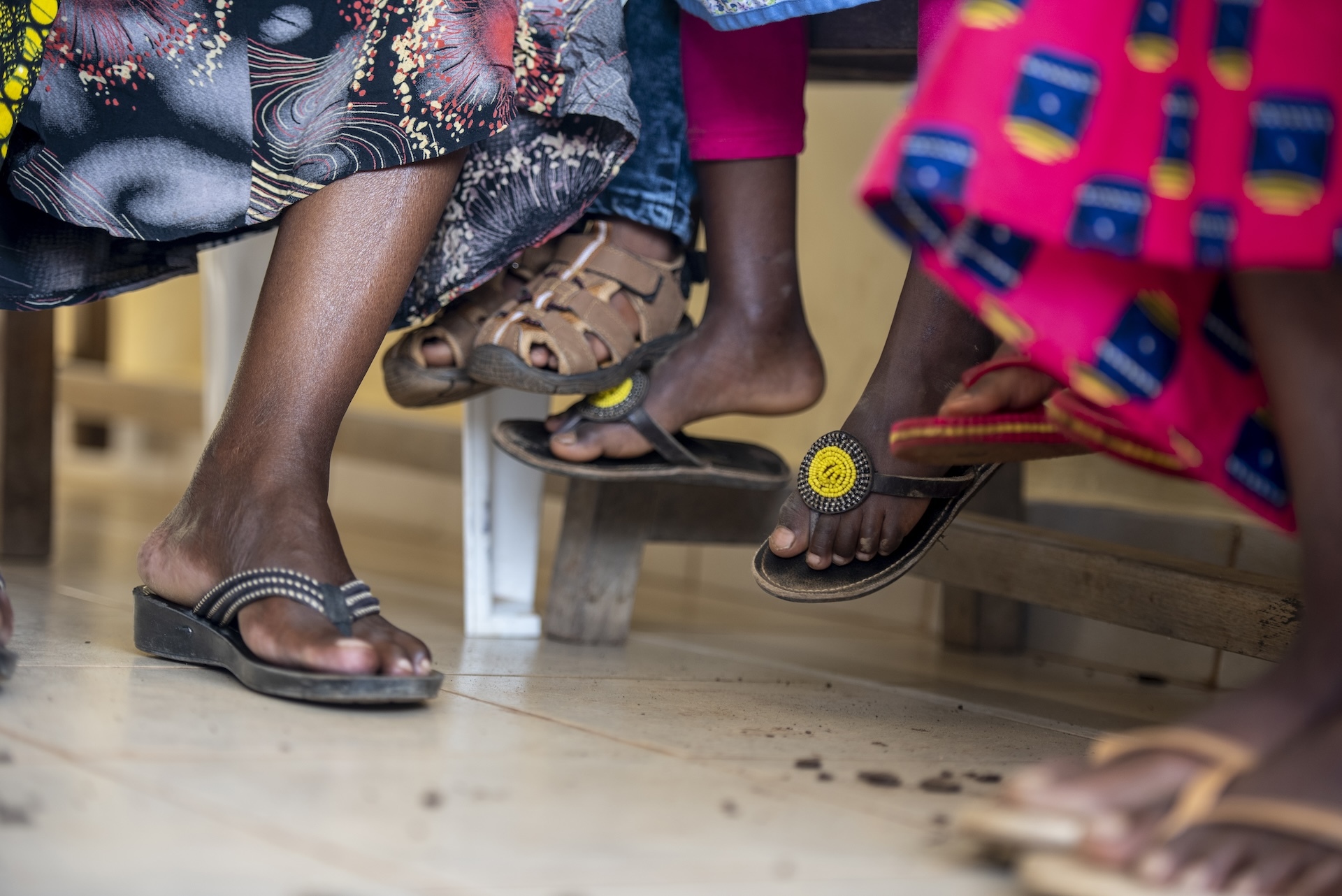The World Health Organization (WHO) defines advanced HIV disease (AHD) as adults, adolescents, and children above five years of age with a CD4 cell count <200 cells/mm3, or with WHO clinical stage 3 or 4. All newly diagnosed people living with HIV (PLHIV), patients who have defaulted on ART and are returning to care, and patients on ART with suspected or confirmed treatment failure should be screened for AHD using CD4 testing, or WHO staging if CD4 testing is not available. In addition, all children under five years of age living with HIV are considered to have AHD, except those above two years of age who have been receiving antiretroviral therapy (ART) for more than one year and are clinically stable.1,2
In Zimbabwe, approximately one-third of newly-diagnosed PLHIV, and a similar proportion who are already on ART, have AHD.3,4 Among the estimated 22,000 PLHIV who died from AIDS-related illnesses in Zimbabwe in 2020, the most common causes of death were tuberculosis (TB) and cryptococcal meningitis.5 Each year, there are an estimated 8,100 cryptococcal cases in Zimbabwe.6 However, a large proportion of those cases go undetected, resulting in death, because healthcare facilities lack reliable supplies of commodities to prevent, diagnose, and treat cryptococcal disease. Further, healthcare workers (HCWs) lack the guidance, tools, and training needed to effectively use WHO-recommended diagnostics and therapeutics. Finally, there are challenges at the national level to coordinate activities across a range of MOHCC departments (e.g. HIV, TB, Vaccines, Nutrition, Laboratory, Procurement) and relevant national stakeholders to develop and roll out policies, guidance, and tools to address the leading causes of illness and death among PLHIV.
The EGPAF/CDC Foundation Project in Zimbabwe
The WHO recommends a package of interventions for AHD that includes CD4 testing to identify AHD; screening, treatment, and/or prophylaxis for major opportunistic infections; rapid initiation of antiretroviral therapy (ART) unless there are signs of meningitis; and intensified adherence support.1 For children and adolescents aged 0 to 19 years old, some elements of the AHD package of care differ from the adult package but are clearly described in the STOP-AIDS toolkit.2
To prevent, diagnose, and treat cryptococcal disease within the AHD package of care, all AHD patients 10 years and older should receive a serum cryptococcal antigen (CrAg) test. Patients with a positive serum CrAg test should undergo a cerebral spinal fluid (CSF) CrAg test to screen for cryptococcal meningitis (CM). Patients with a positive CSF CrAg should be treated for CM, while those with a negative CSF CrAg test should receive pre-emptive antifungal therapy to prevent the development of invasive cryptococcal disease. If a lumber puncture is not feasible to collect CSF for patients with a positive serum CrAg test, patients should be assessed for signs and symptoms of meningitis, followed by appropriate treatment, depending on the findings. Figure 1 illustrates the pathway for diagnosing AHD and for screening and treating TB and cryptococcal infection within the Zimbabwe AHD package of care.
With funding and support from the CDC Foundation, The Elizabeth Glaser Pediatric AIDS Foundation (EGPAF) began collaborating with the Zimbabwe Ministry of Health and Child Care (MOHCC) in 2020 to update national guidelines on AHD and support the early introduction of key elements of the WHO-recommended AHD package of care in 10 selected healthcare facilities, with a focus on preventing, diagnosing, and treating cryptococcal infections and cryptococcal meningitis. The 10 pilot facilities were networked into a hub-and-spoke model that linked provincial hospitals to primary care clinics to extend AHD services to lower-level healthcare facilities. The project generated data and identified challenges, solutions, and best practices to inform future implementation and rollout of the Zimbabwe AHD package of care.




